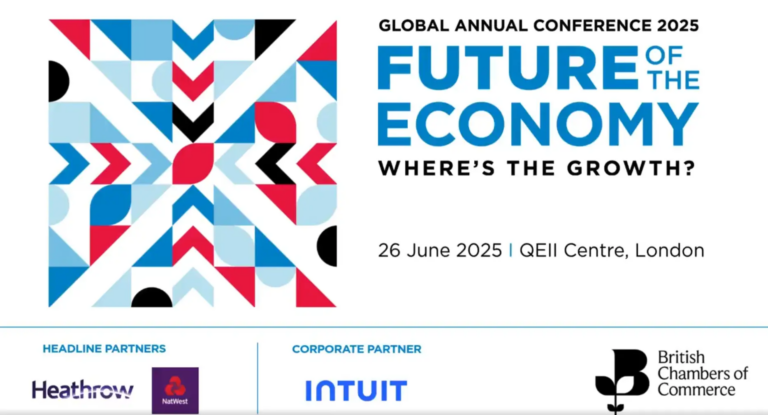It’s party conference season, and the Liberal Democrats are set to kick off the festivities this weekend in the picturesque seaside town of Bournemouth. Fresh from a string of successful local elections and a resounding by-election victory in July, the Liberal Democrats are looking to harness their newfound momentum at this year’s conference. Their primary goal? To solidify their major policy decisions and cement their party platform.
This marks the first in-person conference for the Liberal Democrats since 2019—a year that witnessed Boris Johnson’s “Get Brexit Done” campaign culminate in a landslide victory, while Jo Swinson’s pledge to reverse the referendum resulted in her losing her own seat and a reduction in Lib Dem MPs from 21 to 11.
In recent years, the Liberal Democrats have often faded into the background, overshadowed by larger parties and the surging influence of the SNP, which saw its representation soar from six seats in 2010 (when the Lib Dems entered the coalition government) to an impressive 44 seats. Nevertheless, it would be a grave error to underestimate their potential impact in the upcoming election; they could very well be the “kingmakers” who shape the political landscape.
The Liberal Democrats are unquestionably positioning themselves to challenge the so-called “Blue Wall,” a term coined to describe the safe Conservative seats scattered across the southern regions of England. Of the 91 seats where the Lib Dems finished second in 2019, a staggering 80 were held by the Tories, almost all located in the southern regions. Consequently, the party’s leadership firmly believes that this is the battleground where they can make the most significant progress and secure victories, particularly by spotlighting the government’s track record on the NHS—an issue they consider especially pertinent to the typical Conservative voter in the area.
However, while the “Blue Wall” remains a focal point, both major parties will also be wary of losing votes to the Liberal Democrats in closely contested seats. As a result, they will keep a watchful eye on the popularity of individual Lib Dem policies, which they may adopt to prevent the electorate from choosing the Lib Dems based solely on a single policy issue.
What to Expect
With the general election looming on the horizon next year, the party conference provides the perfect stage for the Liberal Democrats to solidify their manifesto and bolster their growing momentum. According to Edinburgh West MP Christine Jardine, there’s palpable “excitement” in the air. “We have four new MPs, hundreds of new councillors, and 16 new councils. It shows we have moved on from 2019, and we are in a very different place.”
The party has signalled that the most pressing issue in the upcoming election will be the shortage of funds available and the mounting pressures on the public purse. The central challenge for all parties will be to identify additional sources of funding without resorting to tax hikes. In light of this challenge, the party has released a pre-manifesto policy paper that strongly hints at its priorities for the upcoming year. Their emphasis will be on four key areas essential to their vision of a “Fair Deal“: food and farming, housing, the environment, and early years development. Members will have the opportunity to vote on the party’s “pre-manifesto” during Sunday’s proceedings.
What to Attend
The highlights of the conference will be the unveiling of major policy events centred around their five manifesto themes, taking place across the four days.
- A Better Start in Life (Early Years and Childcare Policy Paper)
- Saturday 23rd September, 14:40
- Mover: Munira Wilson MP (Spokesperson for Education, Children, and Young People)
- Summation: Cllr Dine Romero (Chair of the Policy Working Group)
- For a Fair Deal (Pre-Manifesto Policy Paper)
- Sunday 24th September, 15:10
- Mover: Layla Moran (Spokesperson for Foreign Affairs, International Development, ad Science, Innovation and Technology)
- Summation: Lord Newby (Chair of the Manifesto Working Group
- Food and Farming (Food and Farming Policy Paper)
- Monday 25th September, 09:55
- Mover: Tim Farron MP (Spokesperson for Environment, Food and Rural Affairs)
- Summation: Stuart Roberts (Chair of the Policy Working Group)
- Tackling the Housing Crisis (Homes and Planning Policy Paper)
- Monday 25th September, 14:40
- Mover: Helen Morgan MP (Spokesperson for Housing, Communities and Local Government)
- Summation: Cllr Peter Thornton (Chair of the Policy Working Group)
- Tackling the Nature Crisis (Natural Environment Policy Paper)
- Tuesday 26th September, 11:25
- Mover: Baroness Parminter
- Summation: Richard Benwell (Chair of the Policy Working Group)




